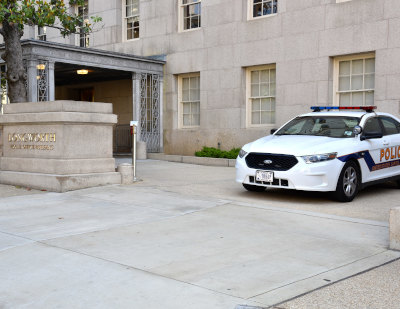
Section 220 of the Congressional Accountability Act (CAA) applies certain provisions of the Federal Service Labor-Management Relations Statute and protects a legislative branch employee’s right to form, join, or assist a labor organization for the purpose of collective bargaining without fear of penalty or reprisal. The rights of employees who choose not to join or participate in a labor organization are also protected. Not all Congressional employees are currently permitted to seek representation through a labor organization.
The decision to have a labor organization represent employees with management is made in a secret ballot election among the affected employees, also known as the “bargaining unit.” The Office of Congressional Workplace Rights (formerly Office of Compliance) supervises and certifies the results of an election. The CAA outlines the specific process under which an election takes place. A majority of the employees in the bargaining unit who vote must be in favor of unionization for a labor organization to become their exclusive representative.
The law vests employing offices and labor organizations with rights and responsibilities with respect to both the establishment and the conduct of a collective bargaining relationship. The law also forbids certain unfair labor practices (ULPs) by both employing offices and labor organizations.
The General Counsel of the OCWR investigates and prosecutes all ULPs. An employing office, a labor organization, or an individual may bring a ULP charge. If, after an investigation, the General Counsel believes that an unfair labor practice has taken place, the General Counsel will file a complaint before an independent hearing officer with the OCWR.
Unlike in the private sector, the CAA does not permit legislative branch employees to engage in a work stoppage or slowdown. Picketing of an employing office in a labor-management dispute is also not permitted if the picketing interferes with an employing office’s operations.
For more information, please refer to the Congressional Accountability Act. Please note that this version of the Act has been revised by P.L. 115-397.